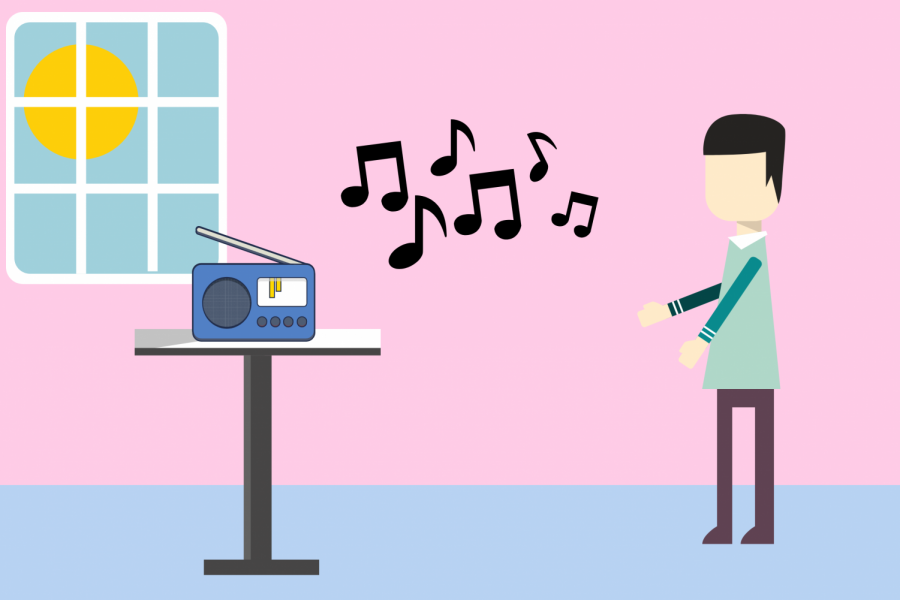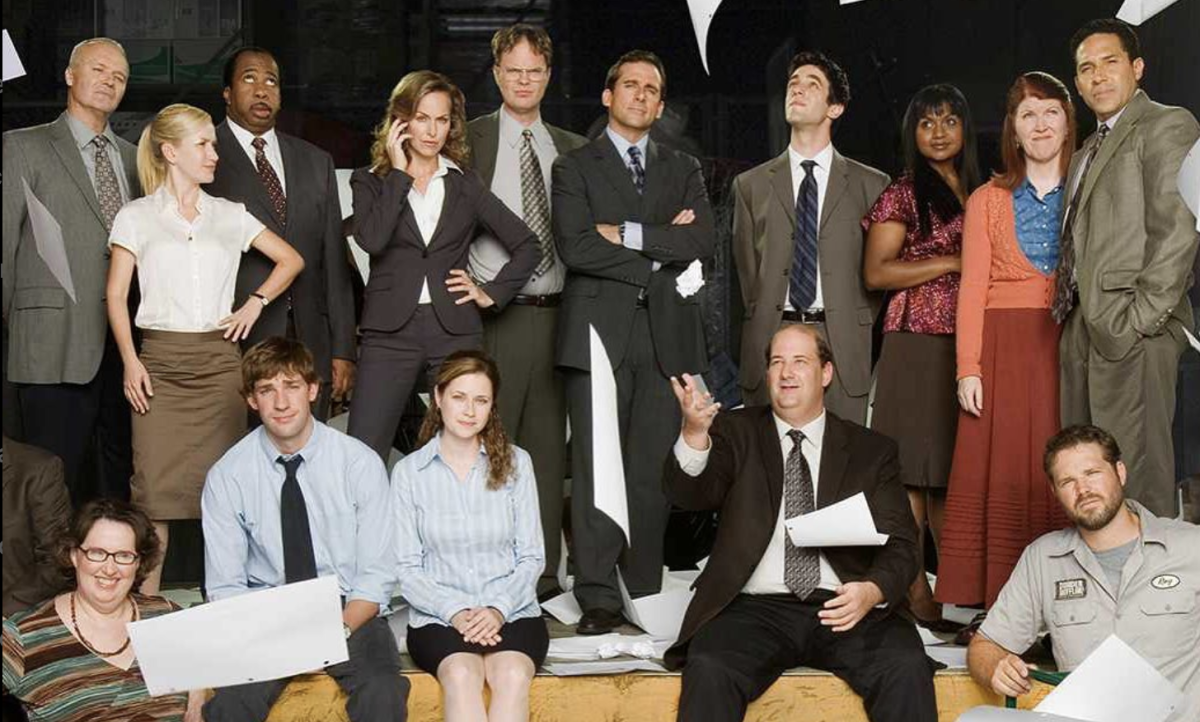Call me old fashioned, but I love the radio
Give radio a chance; it’s not old fashioned and provides many benefits, like allowing for multitasking.
December 7, 2019
A few years ago, my mom planted a mini-radio in the corner of our kitchen so that she could listen to National Public Radio while she cooked. I couldn’t stand it.
I was never allowed to switch it off or turn down the volume, so the news was constantly on. And I mean constantly — I’d come downstairs at night for a cup of water and hear the muffled voices of Jeff Douglass and Carol Off, hosts of NPR’s As It Happens, or wake up early in the morning to finish my homework, only to find that NPR’s Steve Inskeep had already claimed the kitchen for Morning Edition.
But slowly, I began to actually listen to the news. I’d catch myself lingering in the kitchen after finishing lunch to hear the report about the 2016 election on All Things Considered, and I’d shush my siblings to hear the end of a story on The Moth Radio Hour.
I’ve grown to love radio. However, I can’t say the same for other students; in an informal Black & White survey of 50 students, only seven said they depend on the radio for their news.
Radio isn’t just for your grandparents; in fact, it’s up and coming and everyone should listen to it. The number of podcast listeners has increased by 20%, and for online radio, the number of listeners has increased by 10% since 2016.
It’s no wonder that radio has been around for so many decades; it has its own voice. It uses “sound bites” — audio clips from interviews — in its stories, allowing the listener to hear the emotion behind statements the interviewees make, instead of simply reading about their perspectives. In radio interviews, we can relate more to politicians and celebrities because we can hear their perspectives firsthand.
With homework, extracurriculars and college applications, many students don’t have the time to sit down and read news articles or watch T.V. news.
This is where radio comes in: it allows for multitasking. We can learn about current events while we eat breakfast, drive to school or solve mindless math problems. Thanks to the radio, I’m all ears, free to listen without televisions tying me to the couch or online screens craning my neck to the floor. I don’t have to put my daily routine on hold to follow the news.
Today, many Americans are apathetic to reading the news is because of excessive amounts of “fake news.” Unlike social media — where anyone can post anything they please — there are tons of reliable radio shows that house huge teams of thorough staff. Although all radio isn’t exempt from fabrication, radio stations — like NPR — name their sources and reporters so that the listeners can keep them accountable and factual.
Now, my mom and I bond over listening to the radio; it’s a simple activity we can always do together. We discuss stories, guess the answers to Wait Wait don’t Tell Me and complain about NPR’s campaign weeks.
Learning about the news is important, and with radio it can be fun and not stressful too.
So, the next time the news radio comes on in the car, don’t jump to the next channel. Open your ears, brush off your stereotypes about radio and give it a chance.








